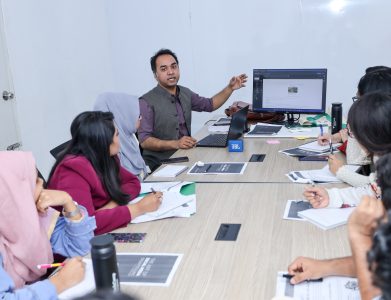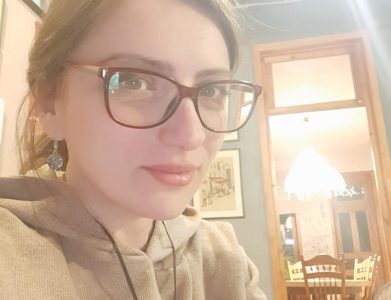In the overlap of computer vision and machine learning, Dr. Ilke Demir’s research focuses on generative models for digitizing the real world, deep fake detection and generation techniques, analysis and synthesis approaches in geospatial machine learning, and computational geometry for synthesis and fabrication. Currently, she is a Senior Staff Research Scientist at Intel Corporation, leading Intel’s Trusted Media team. Dr. Demir earned her Ph.D. and M.S. in Computer Science from Purdue University advised by Prof. Daniel Aliaga, and her B.S. in Computer Engineering from Middle East Technical University with a minor in Electrical Engineering. Her Ph.D. dissertation conceives geometric and topological shape processing approaches for reconstruction, modeling, and synthesis; which pioneered the area of proceduralization. Afterwards, Dr. Demir joined Facebook as a Postdoctoral Research Scientist working with Prof. Ramesh Raskar from MIT, where their team developed the breakthrough innovation on generative street addresses. Her research further included deep learning approaches for human behavior understanding in next generation virtual reality headsets, geospatial machine learning for map creation, and 3D reconstruction at scale. At the intersection of art and science, Dr. Demir contributed to several animated feature and VR/AR short films in Pixar Animation Studios and Intel Studios, respectively. She established the research foundations of the world’s largest volumetric capture studio at Intel, bridging the gap between the creative process and AI approaches. Prior to joining Intel, she had a brief startup experience (with a successful acquisition), and she was also a visiting scholar at UCLA. In addition to her publications in top-tier venues, she has organized workshops, competitions, and courses in deep learning, computer vision, and graphics such as DeepGlobe, SkelNetOn, WiCV, SUMO, DLGC, EarthVision, and OpenEDS, to name a few. Dr. Demir received numerous awards and honors such as Jack Dangermond Award, Bilsland Dissertation Fellowship, and IEEE Industry Distinguished Lecturer, in addition to her best paper/poster/reviewer awards. Her scientific articles received significant attention from researchers and media outlets around the world, such as The Independent, VentureBeat, MIT Tech Review, and Liberation. She has been invited to present over 120 talks and panels worldwide, on the wide range of topics that her work spans. Dr. Demir has been actively involved in women in science organisms, always being an advocate for women and underrepresented minorities.
Generative AI, Synthetic Data, and Media Misinformation: Recent advances in the democratization of AI have been enabling the widespread use of generative AI, causing the exponential rise of synthetic data, fake media, and harmful content. Deepfakes of Putin, Trump, Zelensky, and other world leaders are already creating real-world impact by affecting citizens, voters, journalists, and media outlets. This training will commence with history, awareness, and exploration of generative models; with technical briefs, viral examples, and generative AI tools for the audience to experiment with. As every technology is simultaneously built with its counterpart to neutralize it, this is the perfect time to fortify our eyes with deepfake and synthetic content detectors. The training will continue with introduction of the world renowned detector FakeCatcher, which detects synthetic content using heart beats, as a preventive solution for the emerging threat of deepfakes. Interactive sessions will let attendees get familiar with existing detectors, suggest interesting real or fake videos to run through the platform, and educate their eyes to look for artifacts of fakery. Finally, the training will inform the participants about how generative AI is and can be used responsibly, and the recent advancements in and coalitions for media provenance.
*Please bring a laptop to this session.


